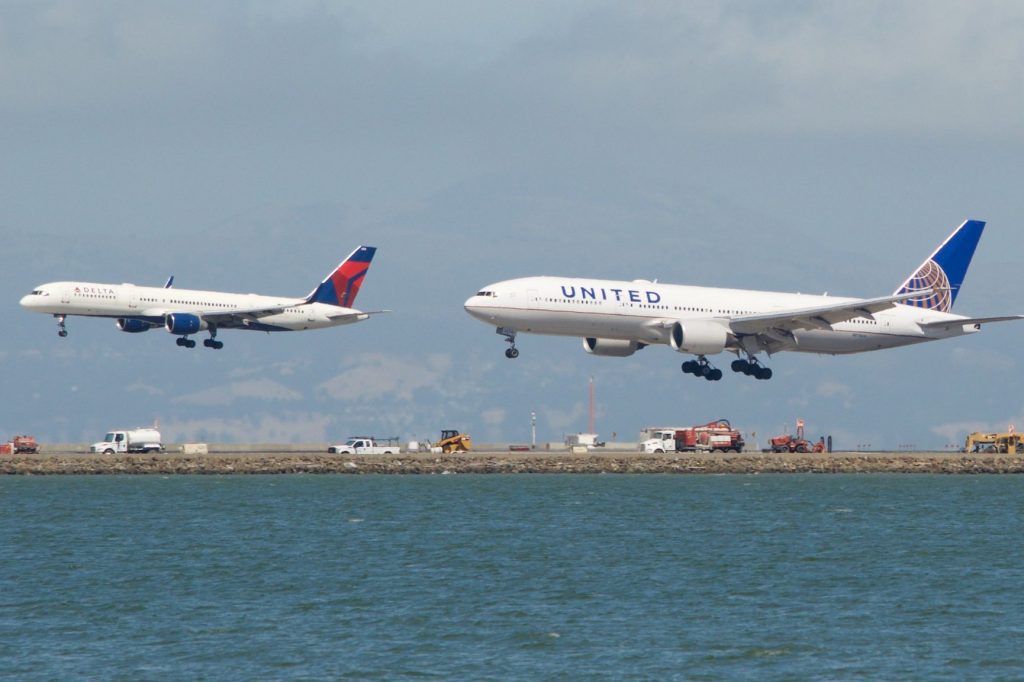In response to escalating tensions in the Middle East, U.S. carriers Delta Air Lines and United Airlines have decided to halt flights to Tel Aviv. United announced that it will suspend its service to Tel Aviv starting Wednesday evening until further notice due to security concerns. Delta has also paused flights to Tel Aviv until August 2, issuing travel waivers to affected passengers. The decision to stop flights comes after the killing of Hamas political leader Ismail Haniyeh at the inauguration of Iran’s new president, leading to threats of retaliation from Iran and its allies against Israel.
This recent pause in flights to Israel follows a similar temporary suspension in April when Iran launched an airstrike on Israel, prompting United and other international carriers to briefly halt flights. Delta, which had only recently started flying to Tel Aviv in June, has now decided to pause its service as well. Despite the temporary halt in U.S. carrier flights, El Al, a partner of Delta, is still operating flights to Israel. The situation in the region remains volatile, and airlines are monitoring the situation closely to ensure the safety of their customers and crews before resuming services to Tel Aviv.
The Skift Travel 200 (ST200) monitors the performance of airlines sector stocks within its index, which includes publicly traded companies globally, such as network carriers, low-cost carriers, and other related companies. The index provides an overview of the financial performance of nearly 200 travel companies worth over a trillion dollars combined. By analyzing the ST200, investors and industry professionals can gain insights into the performance and trends within the airline sector, helping them make informed decisions about investment strategies and market opportunities.
The decision by Delta and United to halt flights to Tel Aviv highlights the impact of geopolitical tensions on the airline industry and air travel. As conflicts and security threats arise in different regions, airlines must assess the risks involved in operating flights to certain destinations and prioritize the safety of their passengers and staff. By suspending flights to Tel Aviv, these carriers are taking proactive measures to mitigate potential risks and ensure the well-being of their customers. The ST200 offers a comprehensive overview of the financial health and performance of airlines sector stocks, providing valuable information for investors and industry analysts.
In the face of ongoing conflict and uncertainty in the Middle East, airlines like Delta and United are navigating complex geopolitical challenges that impact their operations and business decisions. The killing of a Hamas political leader and threats of retaliation from Iran have prompted these carriers to suspend flights to Tel Aviv out of caution and security concerns. While such disruptions can affect travel plans and passenger experiences, airlines must prioritize safety and security above all else. By monitoring the performance of airline sector stocks through indices like the ST200, investors and industry stakeholders can stay informed about market trends and developments, helping them navigate the changing landscape of the airline industry.


